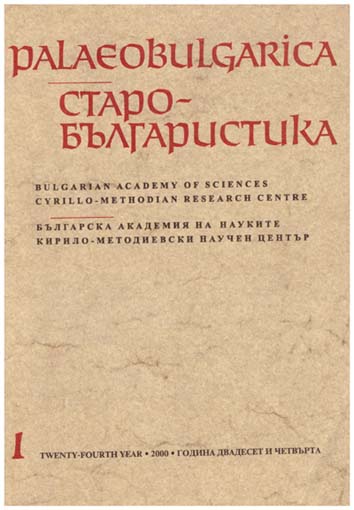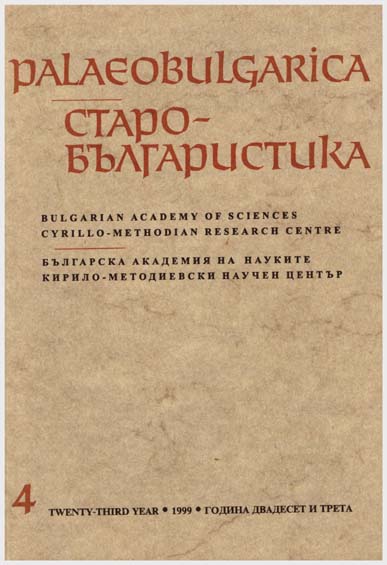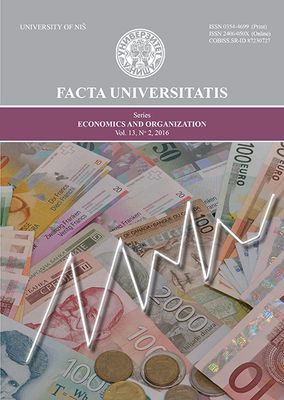
Modelling the Convenience Yield in Carbon Prices using Daily and Realized Measures
Modelling the Convenience Yield in Carbon Prices using Daily and Realized Measures
Keywords: Convenience Yield; Carbon Price; EU ETS; High-frequency Data; Realized Volatility
This article investigates the modelling of the convenience yield in the European carbon market by using daily and intradaily measures of volatility. The convenience yield stems from differences in spot and futures prices, and can explain why firms hold inventories. The main findings are that (i) a simple AR(4) process best describes the 2008 convenience yield, and (ii) there exists a non-linear relation between spot and futures prices. The approach developed in this article captures 74% of the explanatory power for the 2008 convenience yield variable in an autoregressive framework, with carbon spot price levels, moving averages and carbon futures realized volatility measures as exogenous regressors. These results are of interest for energy utilities, risk-managers, and traders exposed to the variation of carbon prices.
More...


